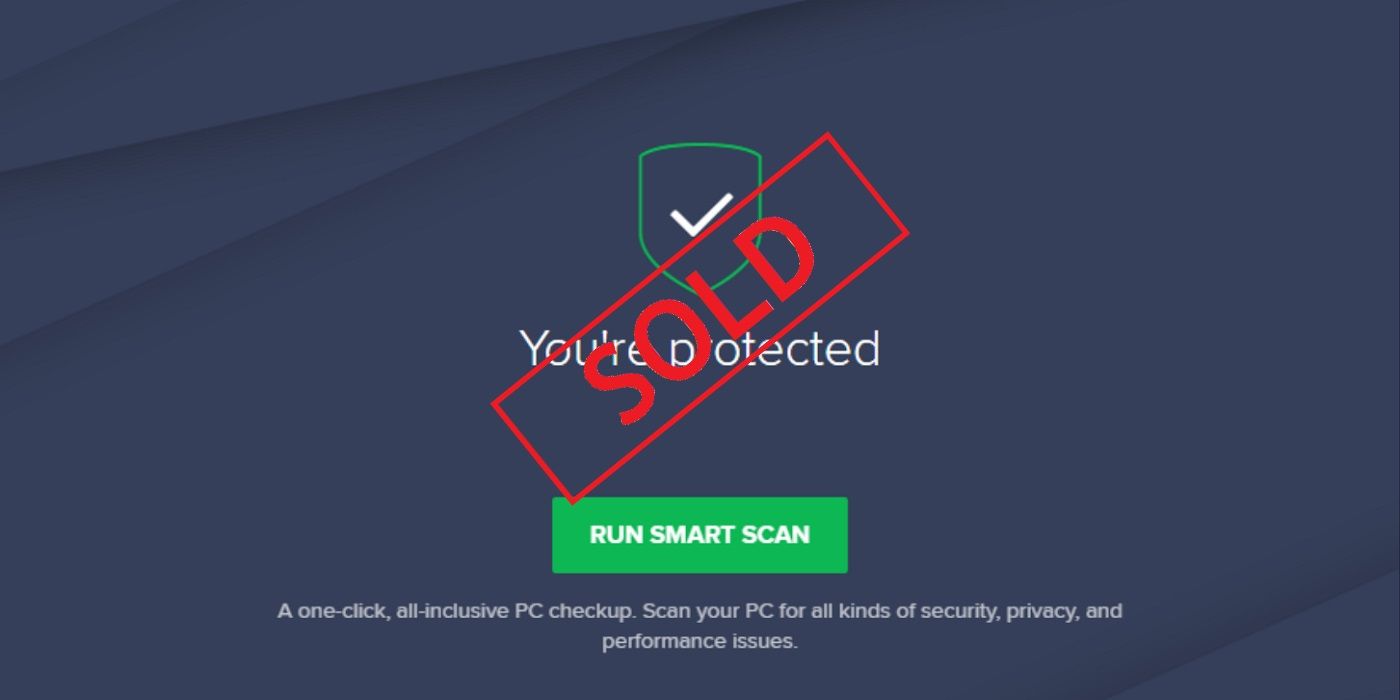
In the aftermath of accusations of harvesting and selling user data, Avast is closing down it's subsidiary Jumpshot. The antivirus software company has come under increased pressure in the last few weeks, and it now looks like the first casualty of the claims is the company’s data-driven subsidiary. However, will that be the only one?
A few weeks ago, Avast was accused of using its various browser extensions to harvest user data through its free software, then selling that data to third-parties through Jumpshot. More recently, reports came through detailing the scope of the data that’s said to have been collected by the company, as well as how that data could be married with existing third-party data to personally identify individuals.
Following the backlash of the reports, Avast today confirmed that it is now closing down Jumpshot. Although Avast is not directly acknowledging the claims or admitting any involvement, the company has explained it acted swiftly as any jeopardizing of user trust is “unacceptable” to the company. While also adding that Avast products will continue to function as normal and that existing users shouldn’t notice any change to their experience. However, the same cannot be said for Jumpshot employees, with Avast also confirming this will have a direct impact on them, likely resulting in job losses.

Whether or not you view this as an admission of guilt, it is abundantly clear the reports and accusations have now impacted Avast. The company would not be closing down its subsidiary, and so quickly, if it didn’t think this was in the best interest of the parent company. However, it remains to be seen if this is going to be enough to satiate the customer base. Especially as the allegations revolved around a service and company that has made its name on on the premise of trust. After all, Avast’s entire selling point is that you can trust the company to protect you while surfing the internet. When it then appears that users may have needed protection from the company itself, it's likely to erode trust in the brand.
The accusations were centered around the company’s free software. The revelation only goes to further highlight that free services are not always free. While a company may offer a product or service for free at the point of purchase, the free model is often accompanied by the same company looking to other ways in order to monetize the user. In many cases, the monetization comes from user data – resulting in a situation that runs an increased risk of personal data being compromised. All of this leads to the question of whether you should trust Avast in the future, to the much larger question of whether you should trust any company with your data that offers a product or service for free.
More: Avast Scandal: Here's What You Need To Know
Source: Avast
from ScreenRant - Feed https://ift.tt/36Ka8Do
via IFTTT







0 comments:
Post a Comment